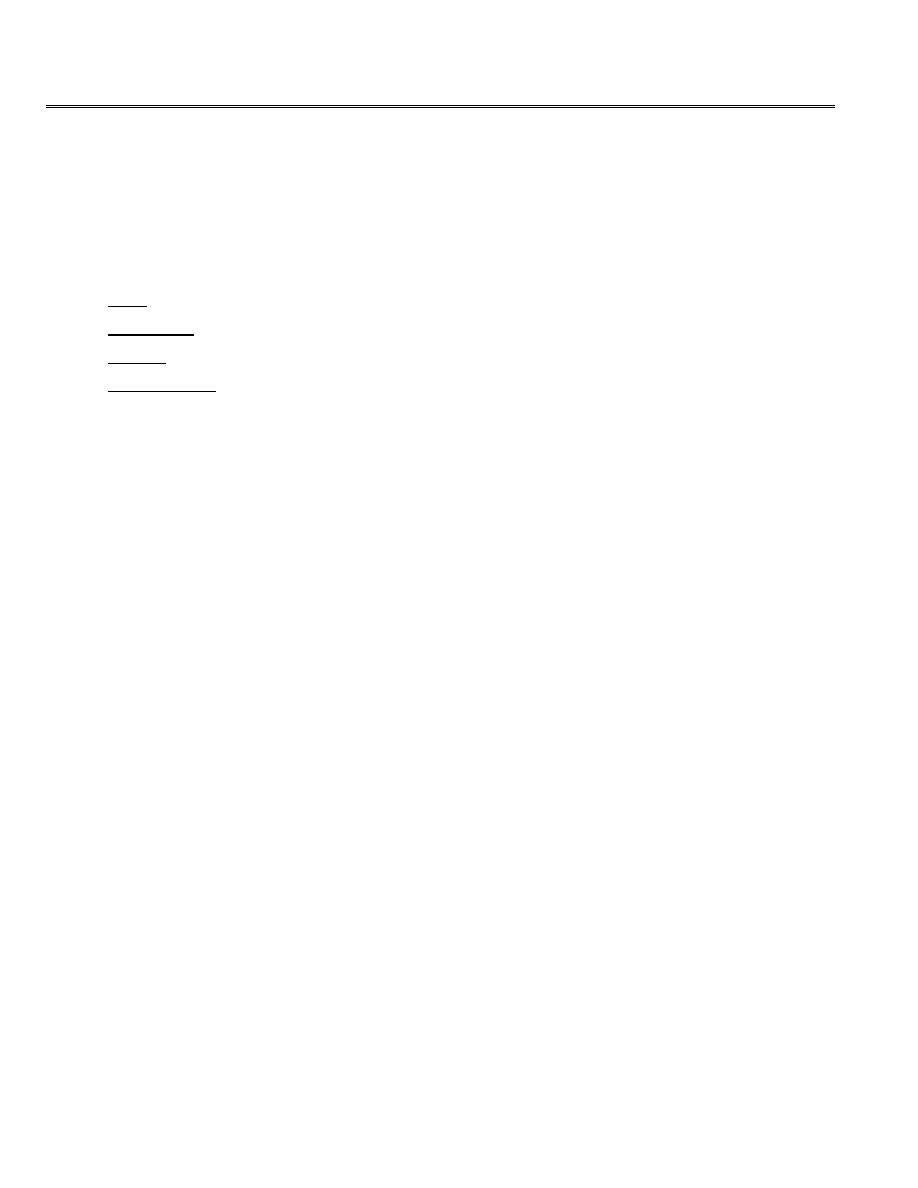
1
Fifth stage
Practical pediatric
كتابة الطالب
22/11/2015
Respiratory system
Respiratory distress:
Mild: flaring of ala nasi and tachypnea
Moderate: use of accessory muscles
Severe: Grunting
More severe: all of above + cyanosis + conscious level (irritability)
Asthma
#General information
Asthma is disease of small and large airways, but mostly of small airways
Definition: it is recurrent episodes of dyspnea respond to bronchodilators and there is
family history
Chronic inflammatory airway disorder, characterized by:
o Airway obstruction: that is reversible either spontaneously or by medications
o Airway hypersensitivity to variety of stimuli (most commonly in children are viral
infections)
Recurrent disorder, characterized by:
o Chest tightness
o Wheezing
o Breathlessness
o Cough
#Note *if person < 6months age with wheezy chest ,dysnea
don't diagnose the case as
"asthma",we should wait till he becomes 9months,so that we can say "this case is asthma".
This pt. which have recurrent bronchiolitis attack is more labile to develop astma in future
Differntial Diagnoses:-
bronchiolitis.
TEF
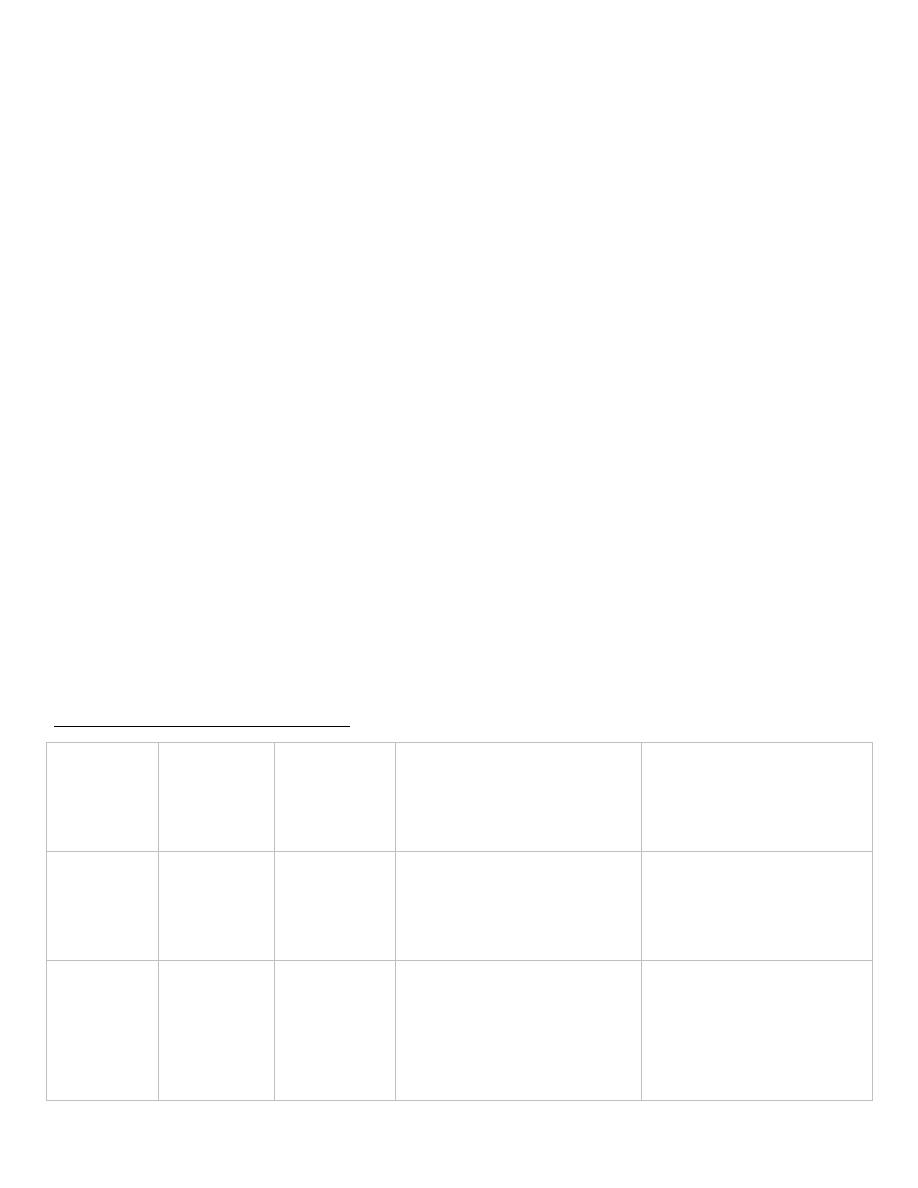
2
Bronchopulmonary dysplasia.
Foreign body inhalation.
GERD.
Cystic fibrosis
.
#Types
Intermittent:
o More than 2 attacks (at day)/ month and 1 or more attacks (at night)/ month
o Treatment: No daily treatment (only on demand inhaler or nebulizer)
Mild persistent:
o More than 2 attacks (at day)/ month and more than 2 attacks (at night)/ month
o Treatment: low dose of steroid inhaler
Moderate persistent
o Daily attack mostly / month and more than 4 attacks (at night)/ month
o Treatment: low or moderate dose corticosteroids + aminophylline or bronchodilator
Severe persistent:
o More daily attacks and frequent attacks at night
o Treatment: low dose of oral corticosteroids or long acting beta agonist (LABA)
# Classification of asthma severity
Clinical
features
Mild
Moderate
Severe
Impending respiratory failure
Mental status
Normal
Might look
agitated
Usually agitated
Drowsy or confused
Activity
Normal activity
and exertional
dyspnea
Decreased
activity or
feeding (infant)
Decreased activity, infant stops
feeding
Unable to eat
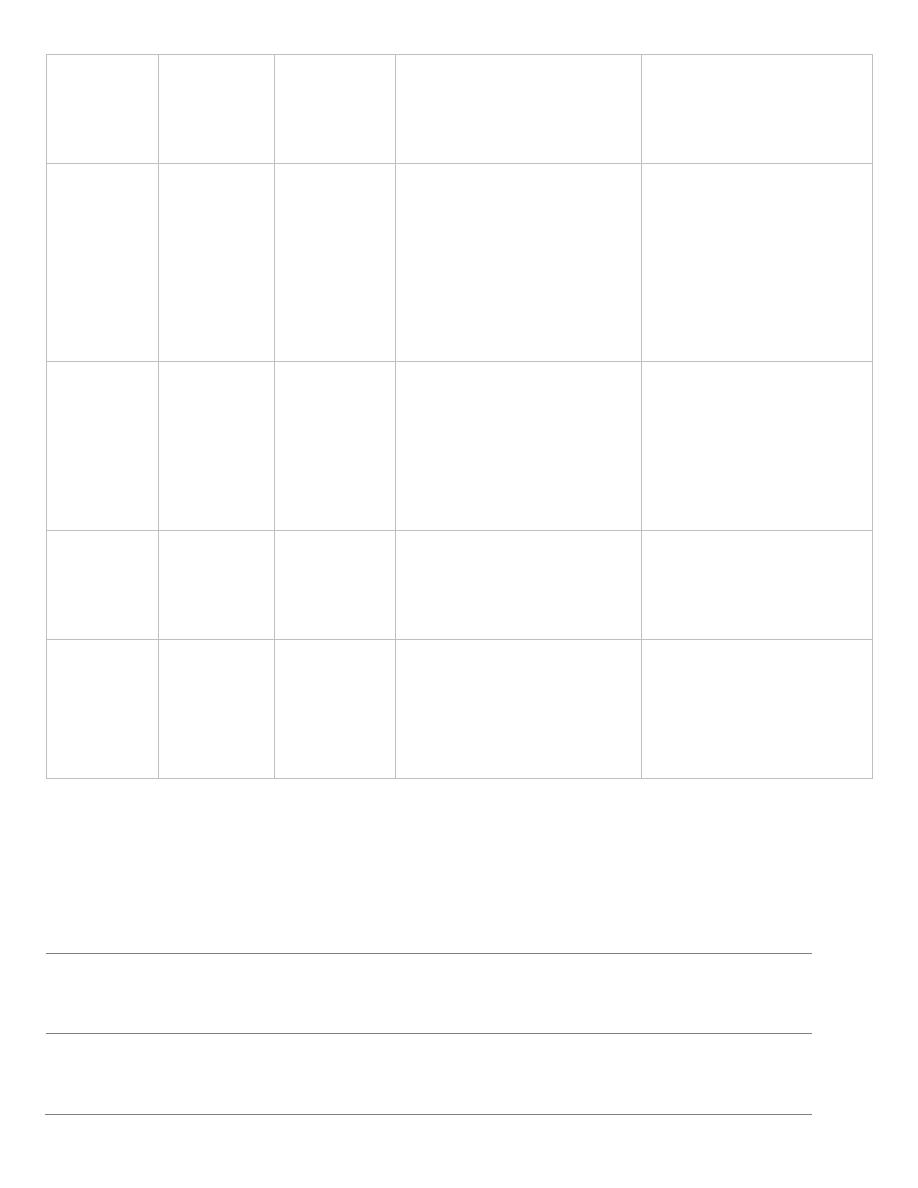
3
Speech
Normal
Speaks in
phrases
Speaks in words
Unable to speak
Work of
breathing
Minimal
intercostal
retractions
Intercostal and
substernal
retractions
Significant respiratory distress.
Usually all accessory muscles
involved, and may display nasal
flaring and paradoxical thoraco-
abdominal movement
Marked respiratory distress at rest.
All accessory muscles involved,
including nasal flaring and
paradoxical thoraco-abdominal
movement
Chest
auscultation
Moderate
wheeze
Loud pan-
expiratory and
inspiratory
wheeze
Wheezes might be audible without
stethoscope
The chest is silent (absence of
wheeze)
SpO
2
on room
air
>94%
91–94%
<90%
<90%
Peak flow
versus personal
best
>80%
60–80%
best <60%
Unable to perform the task
TABLE 2
Medications for acute asthma treatment as per disease severity
Asthma severity
Drug and route
Mild
Inhaled corticosteroids
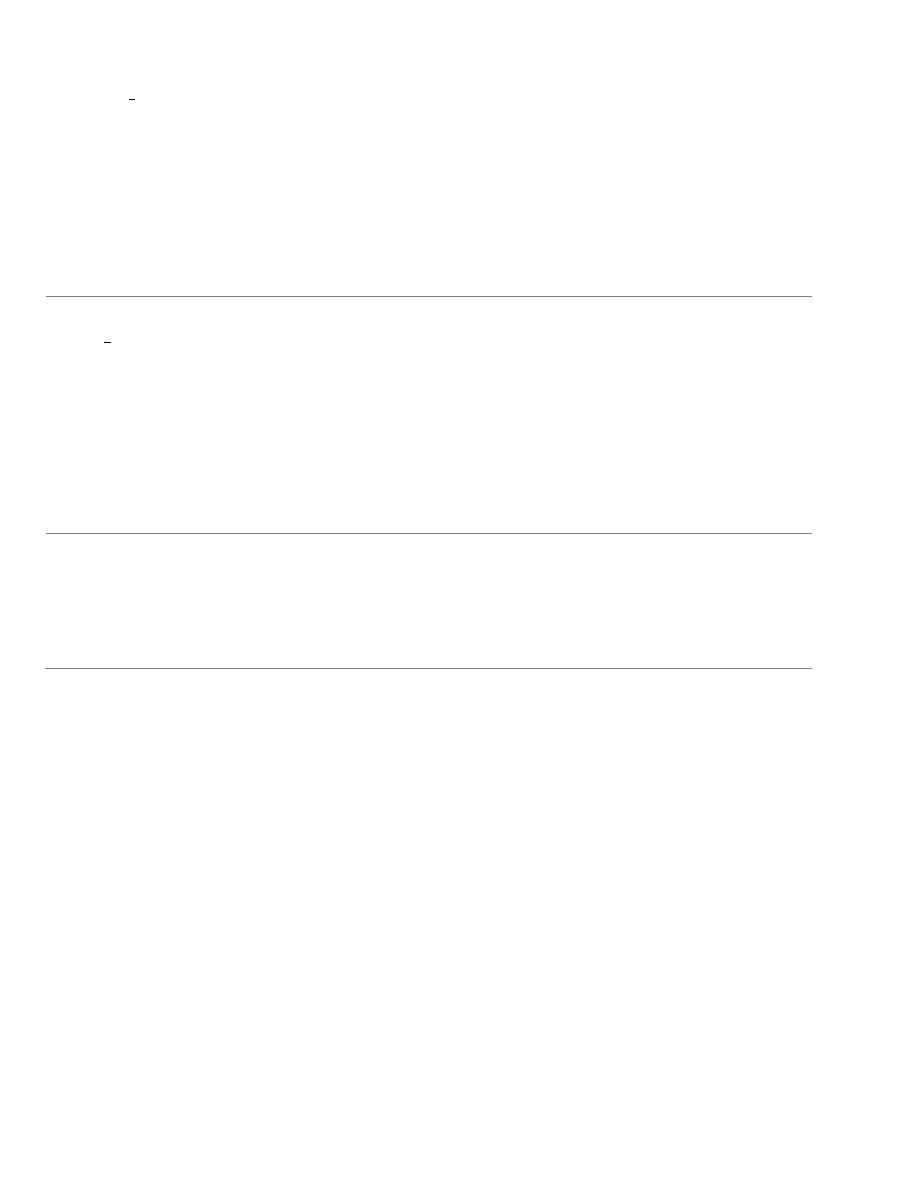
4
Moderate
Salbutamol, MDI with spacer
Salbutamol, intermittent nebulization
Oral corticosteroids
Ipratropium bromide, MDI/spacer
Severe
Salbutamol, continuous nebulization
Ipratropium bromide, nebulized
IV corticosteroids
Severe to impending respiratory failure
IV magnesium sulfate
IV salbutamol
How you treat asthma attack?
1-assess the patient condition ( as in the table above )
**note if mild asthma is present,,there will be slight cough , with NO tachypnea.
2-Manage the case
--give humidified O2. ( 8L /min (60 % O2) )
--bronchodilator if <5yrs2.5mg "ventolin".
If>5yrs 5 mg "ventolin"
Nebulizing done routinely >> 1 dose at 1
st
hr then repeat it 2 – 3 times then relax period for
2-3 hrs then regularly every 6 hrs .
--Ipratropium bromide : is given alone in severe condition at nebulizer 4 times daily .
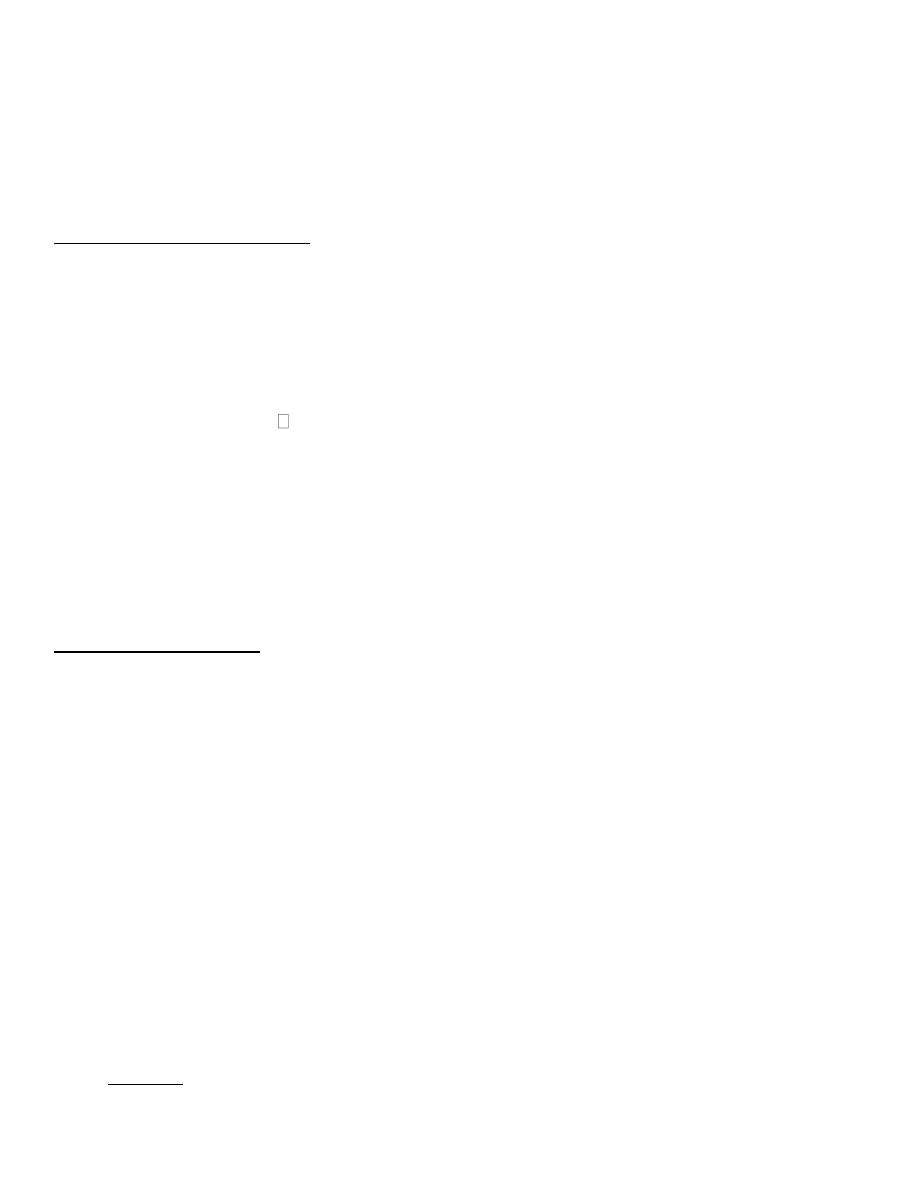
5
Admit the pt. once he needs steroid therapy
(( CS "severe condition & in hospital".))
Advices to the parents:
Prevent the triggering factors:
1. exercise
2. stress
3. crying
4. laughter
5. hyperventilation
6. Viral infection: RSV commonest trigger is viral infection.
7. inhalant allergens (animal danders, pollens, house dust mites
8. Tobacco smoke
9. Cold air dry exposure.
10. Air pollutants.
11. Strong odors.
12. Anxiety.
Side effects of ventolin:
1.
tachycardia.
2.hypokalemia.
3.hyperglycemia.
Indications of control therapy in asthma?
1-mild persistant.
2-moderate – severe condition.
These are :-
Singulair ( monteleukast )
Ketofen
Becotide(beclometasone):given by MDS(metered dose spacer).
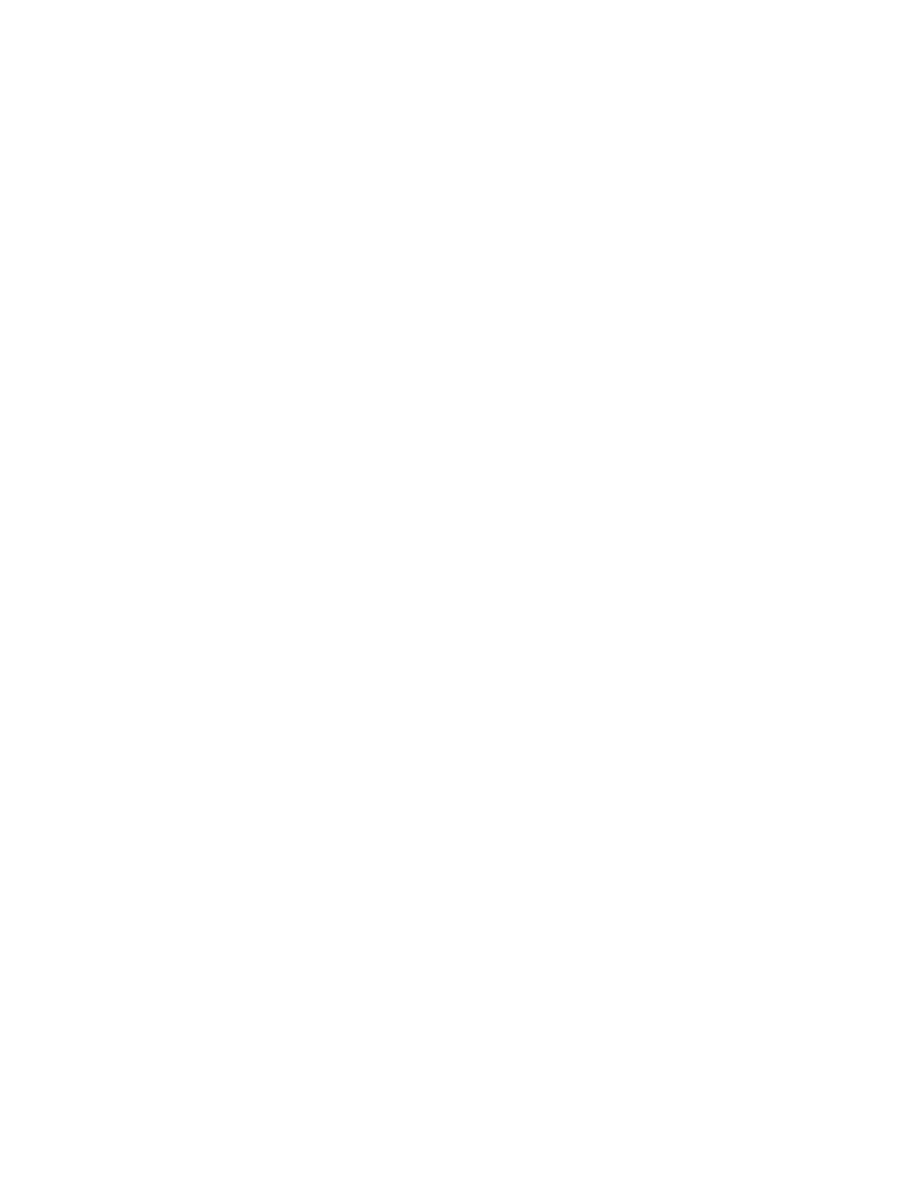
6
**suspect a case with cough as (whooping cough:which is caused by Bortedella pertussis) if:
1. The cough is distressing.
2. Dyspnea.
3. Wheezy chest.
4. It is followed by vomiting.
Notes on bronchiolitis:
Etiology: RSV
Age of susceptibility: (2wks-9months), but peaks at 4months.
Symptoms: rhinorrhea, pharyngitis, coughs, dyspnea with tachypnea.
Treatment: humidified O2
Nebulizer 3%saline.: 3g every 4-5hrs.
*Other viruses which can cause serious RTI:-
-Adenovirus.
-Rhinovrus.
*in perinatal HXalways ask about the pregnancy was it eventful or NOT (it means was it
accompanied by Gestational D.M or Hypertension).
*vaccination for the mother during pregnancy
1. Tetanus toxoid.
2-Anti-D:-if suspicion of women with Rh-ve (usually given in second pregnancy).
*Regarding Anemiano effect of mother's anemia on her baby;; the baby almost always will
gain his sufficient store from his mother even if she is severely anemic.
